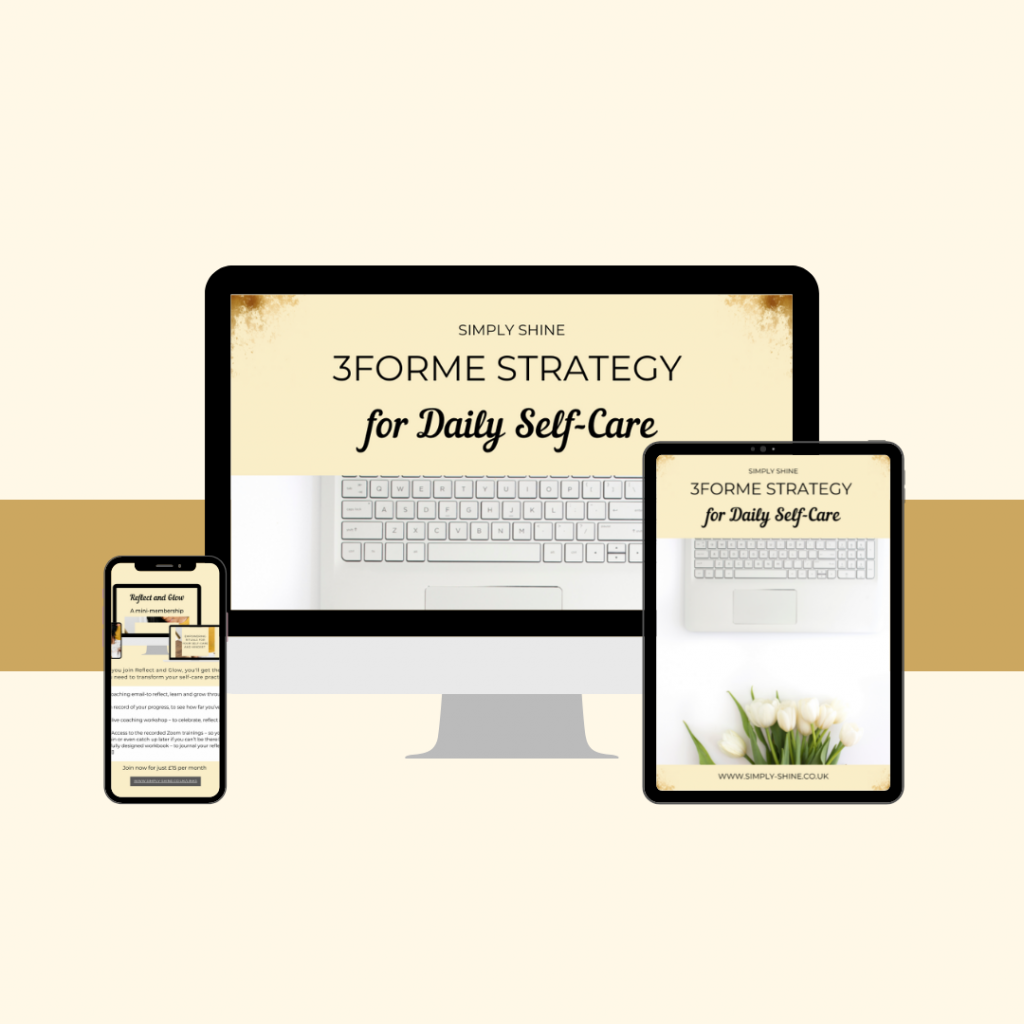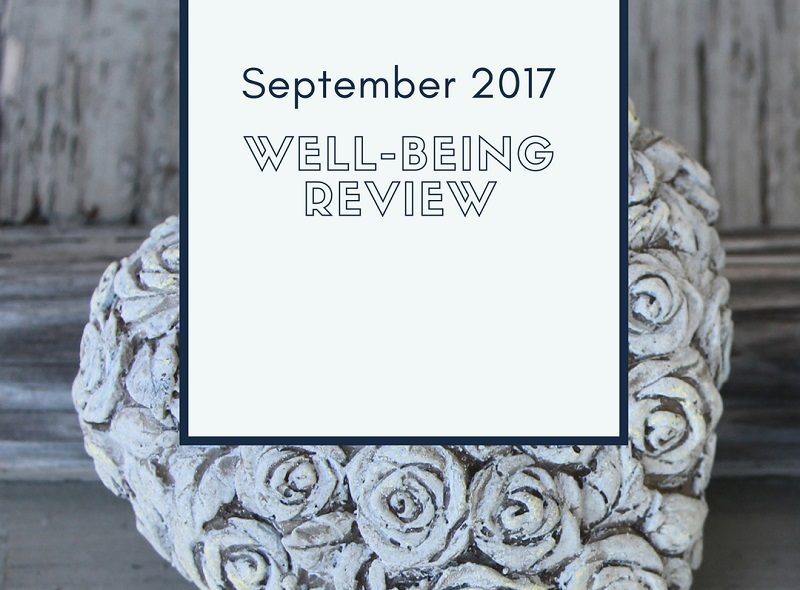This post was updated on 20/04/23
In today’s fast-paced and stressful world, it’s easy to forget the importance of self-care for your mind. I genuinely believe that in order to truly take care of others, to support them, to uplift them and be there for them, you first must take care of, support, uplift and be there for YOURSELF! When you prioritise yourself, you become more resilient, more grounded, are able to handle stress easier and you’ll find it easier to support others.
Taking care of your mind is just as important as taking care of your body, or any category of self-care. In this blog post, I’ll provide a complete guide to self-care for your mind, including some tips and techniques that you can use to improve your mental health and overall wellbeing.

Wellness-noun
The state of being in good health, especially as an actively pursued goal.
If we turn to the dictionary, we discover that wellness is the active process of becoming aware of, and making choices towards, a healthy and fulfilling life. Your self-care practices are the actions you take in that process pursuing your wellness goals.
This very much means that wellness is something that can be in everyone’s control and shows that regardless of whether we think of ourselves as being well or unwell, we can still go on to deliberately maintain our wellness or even to develop it.
Read: Why Take A Holistic Approach to your Self-Care Practices
Mental Wellness
Includes our emotional, psychological and social wellbeing and affects how we think, feel and act. It also helps determine how we handle stress, relate to others and make choices. Mental wellness is important at every stage of life.
A lack of mental wellness can result in a wide range of detrimental conditions such as, fear, anxiety, depression, lack of focus and concentration and aggression. You can improve your situation by being aware and taking notice of the emotional messages that our body and brain sends out, to alert us to the fact that something is wrong. Quite often people ignore these signs, saying that the feelings will eventually improve on their own, or we tell ourselves that it’s just the way things are. Are you guilty of bottling up your thoughts and feelings?
The good news is you don’t have to feel this way and there are practices you can adopt to elevate your mood, become more resilient and enjoy life more. Just as it requires effort to build and maintain physical wellness, the same is true with mental wellness. Many people find they have to work harder these days to ensure their mental wellness simply because there are so many ways that life takes a toll on our emotional wellbeing.
Here’s what you need to know about self-care for your mind:
Self-care for your mind involves taking care of your mental and emotional health. It includes activities that help you relax, reduce stress, and boost your mood. Some examples of self-care for your mind include meditation, journaling, spending time in nature, practising mindfulness, and seeking professional support when needed.
This is not a one-size-fits-all approach.
Just as every person is unique, so are their mental health needs. What works for one person may not work for another. It’s essential to experiment with different self-care techniques to find what works best for you. Don’t be discouraged if you try something that doesn’t work. Keep trying until you find what works for you.
Self-care for your mind requires consistent practice.
Self-care for your mind is not a one-time event. It’s something that needs to be practised consistently to be effective. Making self-care a regular part of your routine is essential to maintaining good mental health. It’s like exercising regularly to maintain physical health.
Self-care for your mind is essential for preventing burnout.
Burnout is a state of emotional, physical, and mental exhaustion caused by prolonged stress. It’s a common issue for many people, especially those in high-stress jobs or situations. Practising self-care for your mind is essential for preventing burnout. Taking regular breaks, practising relaxation techniques, and setting boundaries are all effective ways to prevent burnout.
Self-care for your mind should be prioritised.
Many people prioritise work, family, and other obligations over self-care for their mind. However, taking care of your mental health should be a top priority for everyone. It’s not selfish to take care of yourself. In fact, taking care of yourself can benefit everyone around you by helping you be more present and engaged.


So now we’ve talked about the benefits of self-care for your mind and why its so important, let’s delve a little deeper. I’ve included 10 ways to practice self-care for your mind, that you can start to use today.
10 Ways to Practice Self-Care for Your Mind
Practice mindfulness
Mindfulness is the practice of being present in the moment, without judgement. It involves paying attention to your thoughts, feelings, and physical sensations without getting caught up in them. Mindfulness can help you to manage stress, reduce anxiety, and improve your overall well-being. There are many ways to practise mindfulness, including meditation, breathing exercises, and yoga.
Get enough sleep
Sleep is essential for both physical and mental health. Lack of sleep can lead to fatigue, irritability, and difficulty concentrating. It can also increase the risk of depression and anxiety. To improve your sleep, establish a regular sleep routine, avoid caffeine and alcohol before bedtime, and create a comfortable sleep environment.
Exercise regularly
Exercise is not just good for your body; it’s also good for your mind. Regular exercise can help to reduce stress, improve mood, and increase self-esteem. Aim for at least 30 minutes of moderate exercise most days of the week, such as walking, cycling, or swimming.
Eat a healthy diet
A healthy diet is important for both physical and mental health. Eating a balanced diet that includes plenty of fruits, vegetables, whole grains, and lean protein can help to improve your mood and reduce your risk of depression and anxiety. Avoid processed foods, sugary drinks, and excessive amounts of caffeine and alcohol.
Connect with others
Human connection is essential for mental health. Spending time with friends and family can help to reduce stress, improve mood, and increase feelings of happiness and well-being. If you’re feeling lonely or isolated, consider joining a club or group that interests you, volunteering, or reaching out to a therapist or counsellor for support.
Practice self-compassion
Self-compassion involves treating yourself with kindness, understanding, and acceptance, even when things don’t go as planned. It can help to reduce self-criticism and increase feelings of self-worth and self-esteem. To practise self-compassion, try speaking to yourself in a kind and gentle manner, as you would a friend.
Set boundaries
Setting boundaries is important for mental health. It involves saying “no” when you need to, and setting limits on your time and energy. This can help to reduce stress and prevent burnout. To set boundaries, be clear about your needs and priorities, and communicate them to others in a respectful and assertive manner.
Manage stress
Stress is a normal part of life, but excessive or chronic stress can lead to serious mental health issues. To manage stress, try to identify the sources of stress in your life and find ways to reduce or eliminate them. This may involve changing your environment, adjusting your expectations, or learning new coping skills, such as relaxation techniques or mindfulness.
Take breaks
Taking breaks is important for mental health. It can help to reduce stress, improve concentration, and increase productivity. To take breaks, schedule regular breaks throughout your day, and use them to do something relaxing or enjoyable, such as taking a walk, reading a book, or listening to music.
Seek professional help
If you’re struggling with your mental health, don’t hesitate to seek professional help. This may involve seeing a therapist or counsellor, taking medication, or participating in a support group. There’s no shame in asking for help, and it’s important to take
In conclusion
Taking care of your mind is essential for overall wellbeing. It involves taking care of your mental and emotional well-being, experimenting with different techniques, so you know what works for you. By practising mindfulness, getting enough sleep, exercising regularly, eating a healthy diet, connecting with others, practising self-compassion, setting boundaries, managing stress, taking breaks, and seeking professional help when needed, you can improve your mental health and lead a happier, more fulfilling life. Remember, self-care is not selfish, it’s necessary. So take some time to focus on your mental health today, and start shining brighter.


This is for YOU. The woman who spends so much of her time looking after
everyone else but now knows its time for her to feature on her own to do list. To feel calm and balanced. It’s time to enjoy life and shine. Now with mood and gratitude trackers and a 30 day challenge to ignite your self-care routines, follow along with the hashtag.
I’m here to guide you. Download the strategy and get started today.







[…] Read the other posts in this series here and here […]